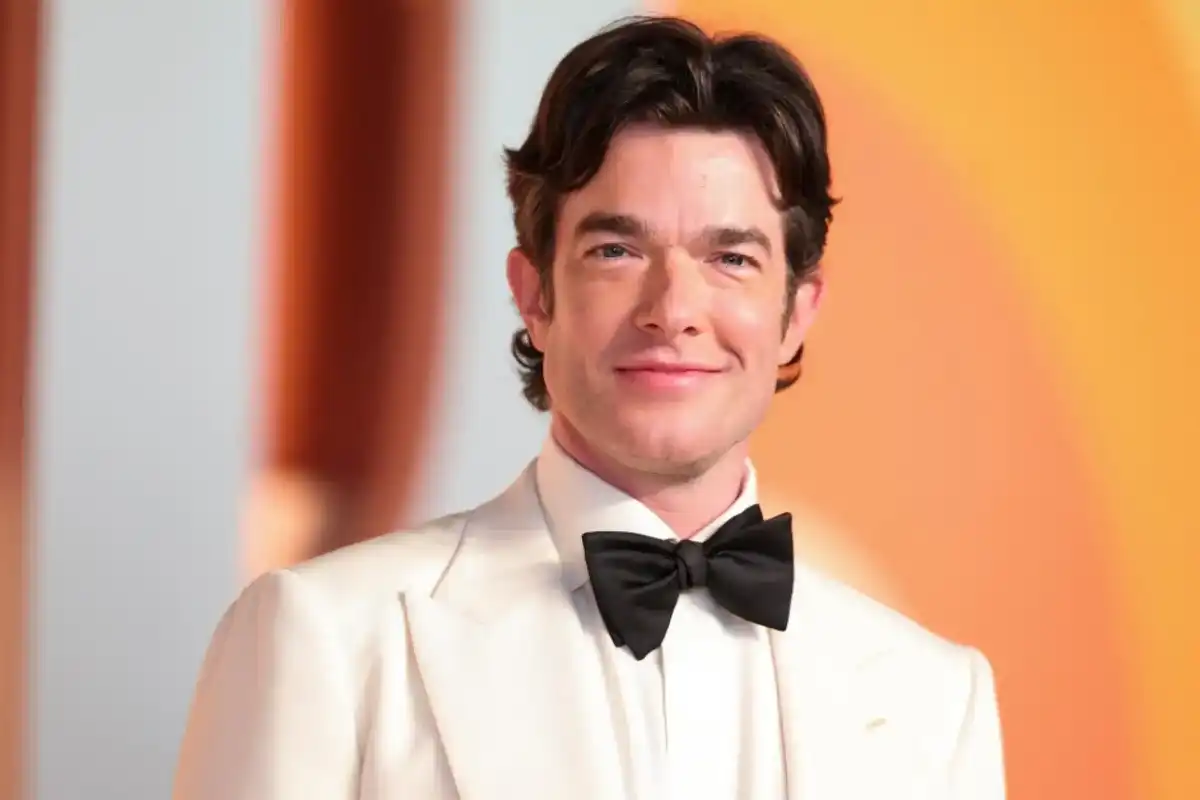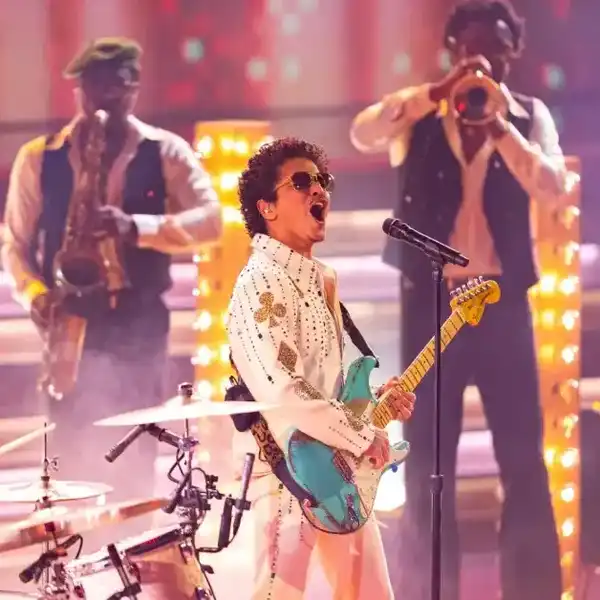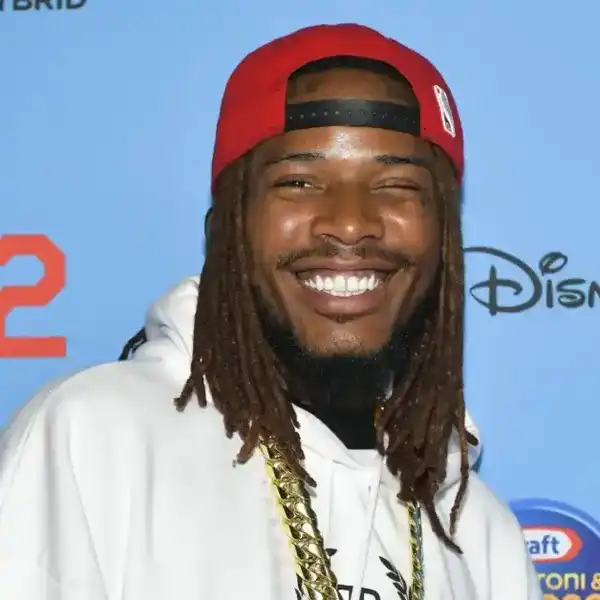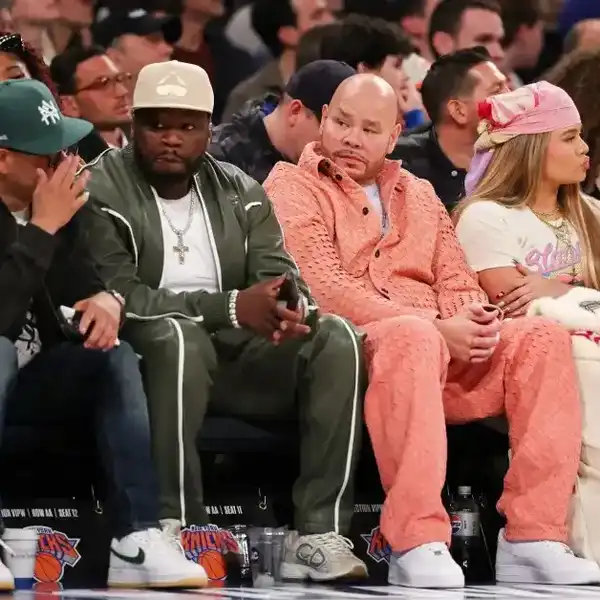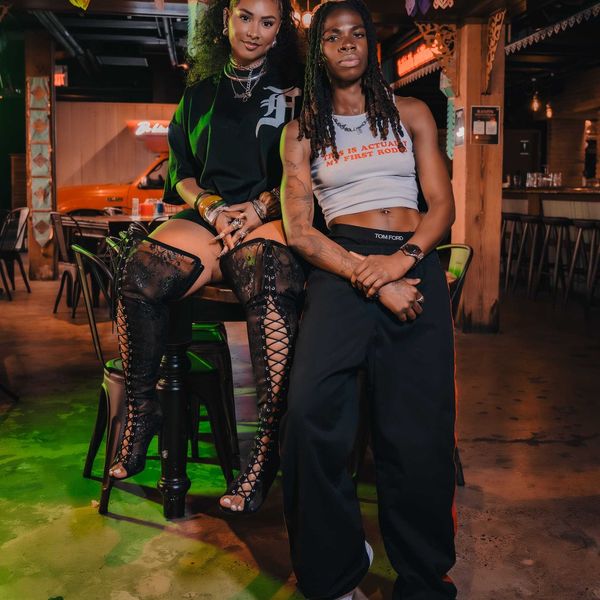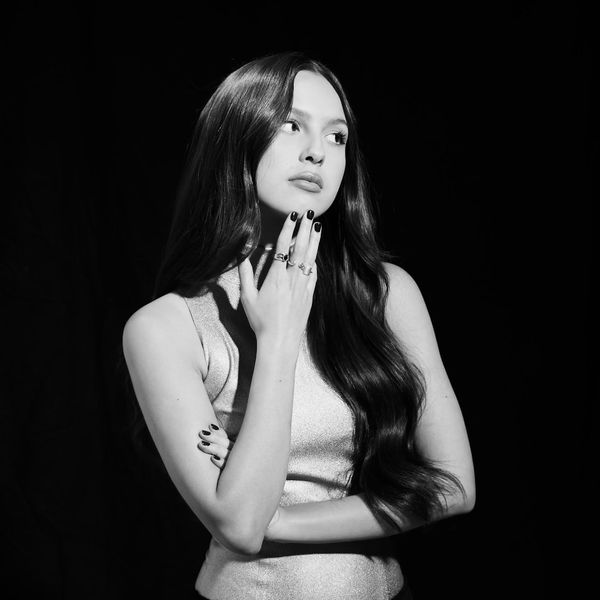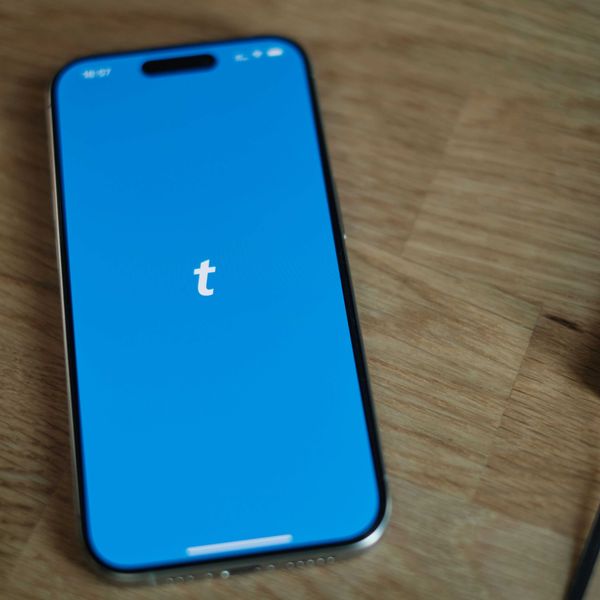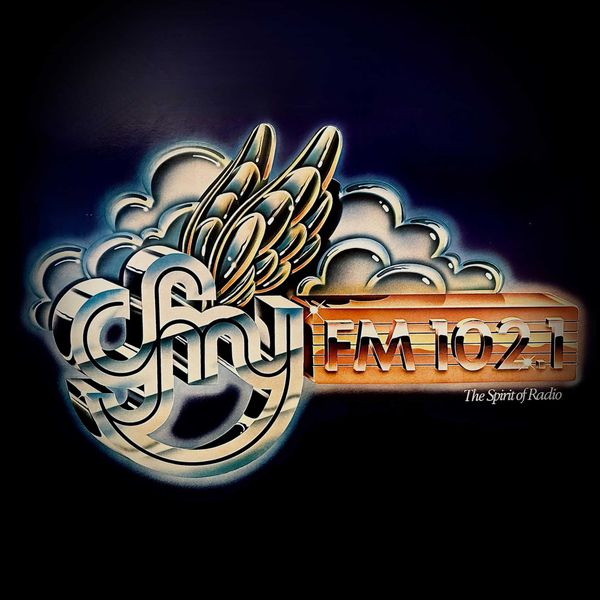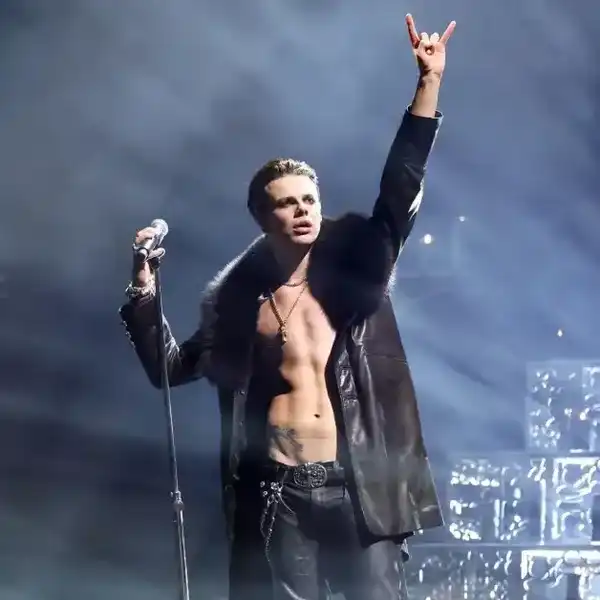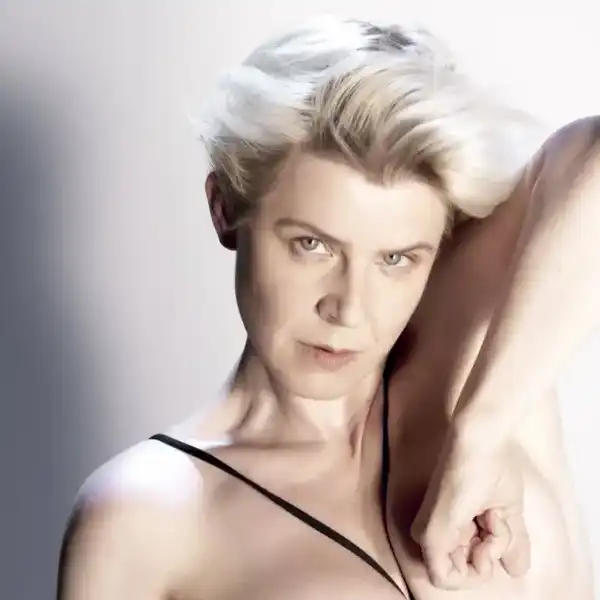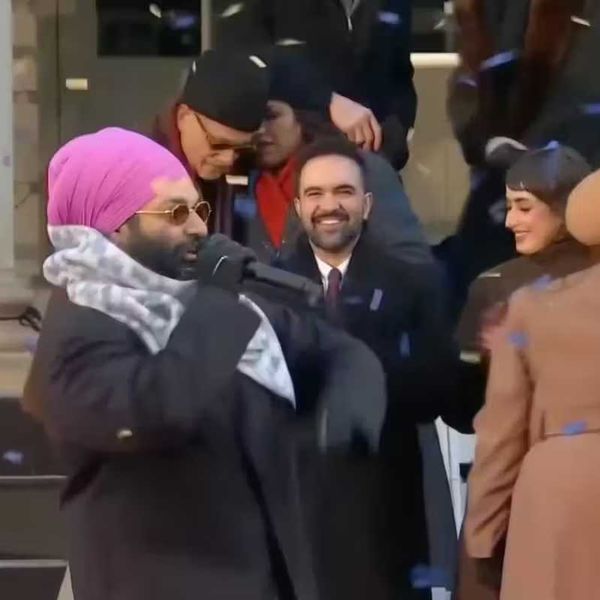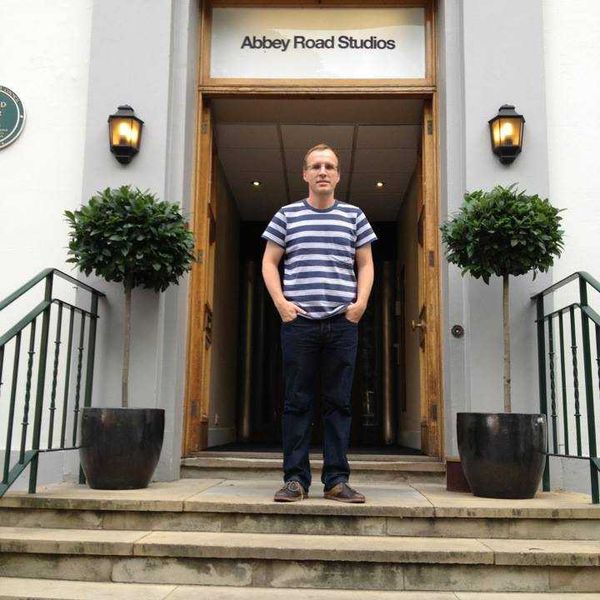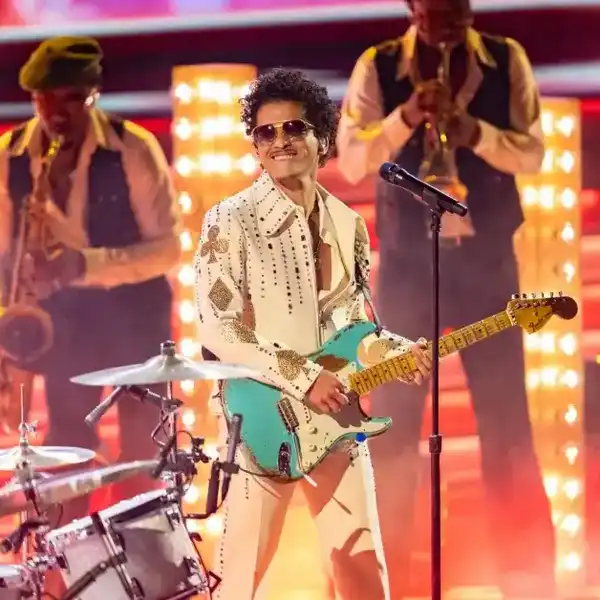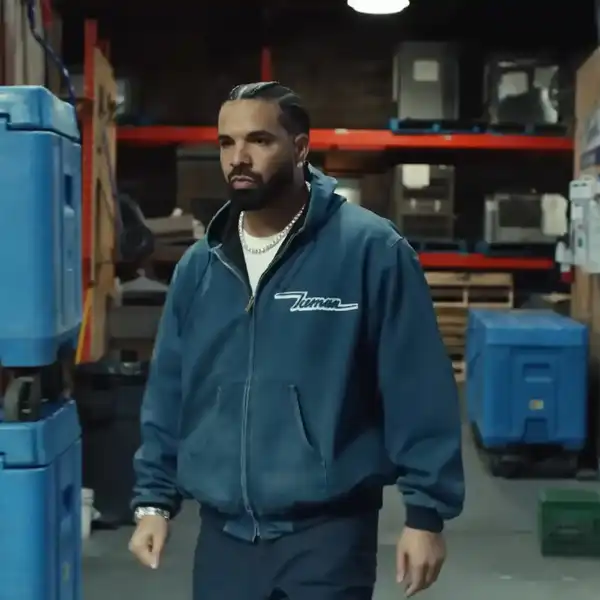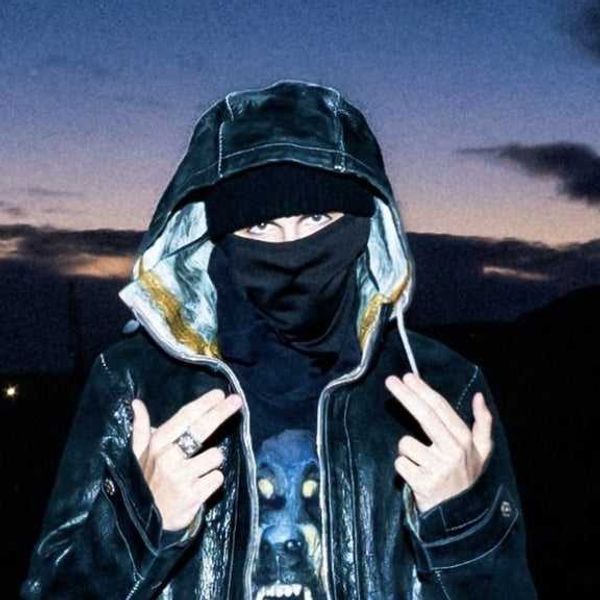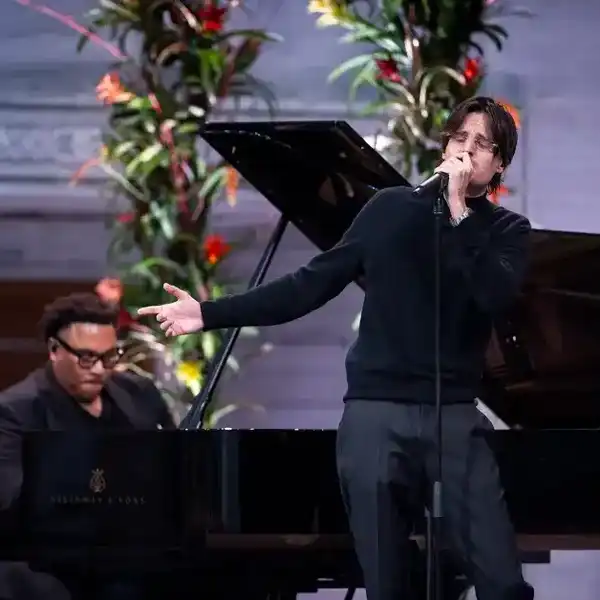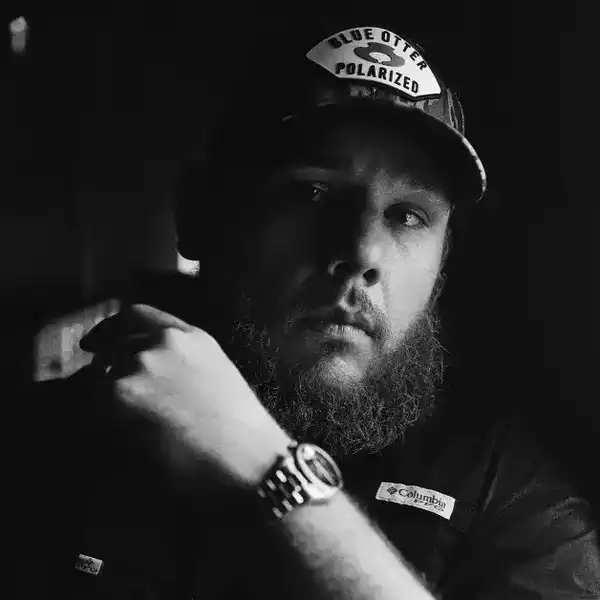A Conversation With..The BamBoo's Patti Habib
Back in the ‘80s, The BamBoo music club and restaurant had a huge impact on Toronto’s music, art and food scene. Here it’s dynamic co-owner relates its fascinating origins and groundbreaking run.

By Bill King
With talk of a return to normalcy and a reasonable timeline if Canada ramps up its vaccination output, we could see an uptick in the entertainment industry. Perhaps small gatherings, live musicians, and events somewhere in the late fall. That’s the plan. Even Broadway is talking of a return to ‘showtime’ with major adjustments.
During this long stretch of isolation, I’ve connected with a number of people who at one time or another were the saving grace, innovators, risk-takers and most forward-thinking entrepreneurs on the local music scene. One such connection, Patti Habib, along with partner Richard O’Brien, influenced the local food, art and music scene and that bridge between Toronto’s static past to where we are today through innovation and perseverance, capitalizing on cultural shifts; much of this linked to immigration.
In the early ‘80s, Queen Street West was known for its low rents and after-hours booze cans and as an ideal support ground for live music. Something radically different, something tied to fashion, art, and food.
I found myself just out of range of the new music and planted comfortably behind the baby grand piano at Garbo’s, 312 Queen Street W. Owner Paul Beauparlant took over the Parisian-themed dinner club from the original owner, actor David Hemmings, as it became a stopover for industry types attached to television and radio and just out of reach of the sweeping wave of new music flourishing only a block or so away.
The story became all about an ignored building that once housed a laundromat for eighty years that rebounded into the central hub for change and the birthplace of the BamBoo Club. The club at capacity could house up to 500 patrons and the level of high-profile talent seeded mainstage hadn’t been witnessed in a mid-size performance space since the halcyon days of the El Mocambo when the New York Dolls, Roomful of Blues and Sonny Rollins livened up the tainted interior in the mid to late ‘70s. Think Fishbone, Cecil Taylor, Emiliano Salvador, King Sunny Ade, Hugh Masekela, and you get an idea of the vision and music prescription that the BamBoo Club brought that would soon paint the downtown landscape with its tropical island interior of palm trees and African art.
The BamBoo would also become a proving ground for local Toronto bands; the Sattalites, dub poet Lillian Allen, Messenjah, Rio Connection, CoCaDa, Ramiro’s Latin Orchestra, Leroy Sibbles, Mother Tongue, Arrow and others. Citytv’s John Martin virtually lived at the Bamboo and had a phone line installed at the Tree Top Lounge of the club. Reggae and the sounds of Africa were at the core of the club bookings and the pioneering menu presented by the original chef's Vera Khan, who handled the West Indian fare, and Wanda Young – Thai food, was an equal draw.
Post-Covid, will there be a new round of clubs ushering nightlife back? Are there the same kind of risk-taking individuals out there with a strong will and a vision to make it happen? I recently caught up with now-retired BamBoo co-owner Patti Habib for this chat and quizzed her on the basics of starting a new venue.
Bill King: Do you miss the action, the music?
Patti Habib: To tell you the truth, you know, that's about the only thing I do miss about the restaurant business. I have nightmares. I feel so sorry for restaurant owners now. We sold more food than liquor. Unlike computer-driven machines in today’s venues, we were a free pour bar, and the staff was very generous with the customers.
B.K: The Elmo and others relied on liquor sales.
P.H: Yeah, we emphasized and sold food and people loved our food.
B.K: I remember those honey garlic wings.
P.H: It was a nice dinner and a show thing, a very old-fashioned concept like the Underground Railroad on King Street at the time. I love that.
B.K: At the same time, you had Citytv in the neighbourhood, MuchMusic, a way to promote a new venue.
P.H: I used to work with Moses Znaimer a hundred years ago, and he refused to invest when we were struggling to get investors. We opened without him, were successful, and he wrote me the nicest letter saying it was one of those regrets he remembers.
B.K: The BamBoo opened in 1983. What obliged you and Richard O’Brien to open a club on Queen Street and why the name BamBoo?
P.H: I knew Richard because he worked for This Country in the Morning, a national CBC radio show when it was done here after Peter Gzowski. I worked at As It Happens with Barbara Frum and Alan Maitland and had worked for the CBC as a staff producer for about 10 years. I was a story producer. Richard was down the hall. I got him his job at CBC. I had a friend at TVO, Bruce Pittman, who used to do Saturday Night at the Movies with Elwy Yost. That's how far back we're going into the ‘70s. He wanted me to meet this guy Richard O'Brien. We met at the Pilot Tavern and Richard said he wanted to cover the One Love concert in Jamaica during the election. There was so much violence in Jamaica between rival factions connected to candidates Michael Manley and I believe Edward Seaga. Peter Tosh, and Bob Marley and many others got together to do a ‘peace’ concert. I got Richard that job at This Country in the Morning to cover live. And that's how we met.
Richard and I became friends and started preparing stories. Then we started to do parties together because Richard always liked throwing parties. We started a company - not a real company, The Green Brothers. That was Marcus O'Hara, Richard and me, because Richard and Marcus O'Hara grew up together in the west end, Catholic boys, who went to St. Michael Power. Billy Ballard was there, even though he wasn't Catholic. We were doing parties basically at the Palais Royale.
B.K: You mentioned the Embassy Tavern, once the playground of Ronnie Hawkins.
P.H: For a lot of people in the ‘60s, it was a live music venue at Bellair and Bloor. It's somehow under the subway or something. I don't know exactly what happened to it. But a lot of people knew it for the great live music and shows. So, Richard, with Marcus, decided to rent it. They got some backers, and I was going to be involved as a publicist. People like John Ball were going to do our food and Joanne Smale, who had a publicity company called Mais Oui!, was to get the word out. They got Danny Aykroyd to put in good money and Michael Budman co-founder of Roots. They hired a lawyer and an accountant and for a whole year, it went on, the drawings, architectural and working this thing or another out. They leased the property yet trying to build within it was very frustrating and they ran out of money.
In the meantime, I was about to rent a loft at the corner of Liberty and Jefferson, where Liberty Village is now. There were all of these old buildings there and my address I believe was 65 Jefferson Ave. It’s still there. It's the one where the Liberty Cafe is down the road. I rented the third floor for $500 a month. Richard took one look at it and said, “it's got to be a ‘booze can.’” This is in 1980, I think. He was so frustrated by all the money going down the drain to lawyers and accountants at the Embassy.
I have the greatest little letter that Richard wrote, asking people to contribute $10 so that we could open the MBC and it was the letter M the letter B and the letter C. It was a takeoff on the Embassy Tavern, which was spelled as you know, EMBA … then we came up with MBC. People called it “My Booze Can.” Barbara Klunder did a little art thing, that person knocking at your door, and we opened on Mondays and Thursday nights with live music. It was a leisure loft and incubator for local bands.
We had Junior Wells and Buddy Guy but didn't even start until 11 p.m. at night. People would come and go, and we had a bar. I was the bartender and Richard was the doorman. Musicians would arrive from gigs after they played elsewhere. It would be light outside when we went home, and I'd hide the money in record albums. To this day I think I probably left money behind in the record sleeves in case the police busted us.
Richard brought his record collection there and played vinyl. We had DJs and even the Parachute Club started there. Musicians like Billy Bryans would drop by. This allowed us to expand the MBC mailing list.
There were lots of after-hour clubs running, black clubs, like Betty’s.
There was the Hollywood Jobber’s, a men's store in a bookstore, and above it was the Paper Door at Soho and Queen. Bruce Cockburn wrote his song The Coldest Night of the Year there. We all used to go out at one o'clock in the morning and Murray McLauchlan, and Hugh Marsh and all the people that love music would be at this place. It was very casual. Alice and Richard - Richard Minichiello and Alice Norton - ran the Paper Door. And when you looked down from the patio you could see into a place called Liquor World. Richard and I would always say, that would make the greatest bar because it was kind of hidden away. You had to go down a lane to get to it and it was filled with wicker. At the time it was called Wicker World and one day it came up for rent. And that's how we got it.
Trust me, I would never have done this, it was Richard. Richard was never shy. He rented it for three months thinking he could open a bar in that time. Our landlord, Mr. Biernbaum, recently sold the building for a hefty price but would never sell us the building. It had no running water. No electricity and the floor was covered in wicker. We just assumed it was a drug thing. They had crappy Mexican stuff in there. Richard was going to call it Liquor World.
Three months later, it was almost Christmas and we hadn't raised enough money. We had enough to begin laying in the plumbing and start the electrical wiring but no more than that. We opened a flea market there and sold Christmas trees to try to make money and sold booze in the back and called it the Tree and Flea. We also had those woodstoves that served apple cider and rum. The whole Queen Street neighbourhood – Robin Kay’s and Koochie and Fab and Angie Venni all took stands and sold goods, and that gave us money to rent tables.
B.K: The lease?
P.H: Richard signed a lease, and the rent was going to be I think $3000 a month. Which was a lot, but it was 1700 square feet. We kept trying to raise money and did not open formally. We never got our liquor licence until the official opening day, August 26, 1983. We opened with no bathrooms. I mean, Lorraine Segato tells the best stories about the Parachute Club because Gerry Young, who you might know from Current Records/RCA, had Martha & the Muffins and he booked the Parachute Club after he heard them at the MBC, and they were coming up to their record release on July 11, 1983.
I have a great poster from that and got Bill Nigh to do the T-shirts. We opened with no running water for them and could have lost everything. In fact, we kept bringing water in. We were still going through the building inspections - putting in floors, putting in 26 bathrooms, which was required because of the size of the space and the pictures on the walls. The floor was just concrete. We opened that night for them and did the record release for the album – The Parachute Club, which scored a hit Rise Up from that, produced by Daniel Lanois at Grant Avenue Studios in Hamilton. People had to go over to the Black Bull to use the bathroom. It was such a wild night. But we could have lost everything without having a liquor licence.
The night we formally opened August 26, 1983, we presented the Prince of Funk from Philadelphia, Prince Charles & The City Beat Band. From the moment we were terribly busy.
B.K: Did that secure media attention?
P.H: It was August, and we did something unique that week. I had always worked for the Festival of Festivals, the Toronto International Film Festival, part-time and oversaw guest relations and ran the hospitality suite. Although when I ran it, they called it the ‘hostility suite’ because those guys were wild; Bill Marshall, Dusty Cohl and Henk Van der Kolk in the old days. Not so much Dusty Cohl because he was married. They would entertain so many people - I never got to go home.
With my connections to the film festival, there was a whole video part of the film festival we got to present. They put in cameras and tv screens and we were showing videos because this was all new back in 1983. With music videos and shorts and that stuff part of the film festival that brought a whole new crowd in, but I also remember that some people were really worried about us having rich people like Billy Ballard involved. The reason we could open is Bill Ballard. Ballard ran CPI and he got his cronies, let’s say about six of them in all, to invest $100,000 at double the money payback plus interest which had to be returned in a year. They wanted our building since Queen Street was starting to get noticed. We had one year to raise $200,000 to pay them back because the bank promised us that if we got it open, they would give us a small business loan, but they never would. We had to go to Billy who got some of his pals to invest. And to the day we closed, they all said they were owners and managers of the BamBoo. You’ll hear a million stories like the club was owned by Doug Pritchard. It was owned by David Bennett or was owned by so and so, but it wasn't true. But we did have to give away quite a few shares before we got there and had to keep raising money to put the roof on. We retained 52%.
B.K: You sustained for 18 to 19 years?
P.H: Richard had a stroke in 2000 - a very debilitating stroke. He became paralyzed on the left side. He was left-handed. That's when it became too hard for me. We stayed for two more years to the end of our lease. I did a handshake with our landlord Mr. Bierambaum but he only gave us 90 days' notice to leave and it was terrible. We rarely ever paid our rent on time because the business part was Richard’s, I was the creative and Barbara Klunder the artist. We had art shows and music every day of the week. Our landlord kept raising the rent all the time. When we wanted to renovate, he’d make us pay more. He was a businessman. He’s still alive. He knew that I was struggling because I had a kid, and I had a sick mother - it was hard.
Richard was obnoxious, when he said no to bands, it meant no. The musicians – the Jamaicans they would follow us around and needle. They would follow me home and phone me at home. I'm not good at saying no. Richard, if he didn't like a band it didn't matter how popular they were. He wasn't very nice to the record companies either because he didn't like their A&R departments. Denise Jones and Richard fought every time. She was tough but they both were. They both loved their music.
B.K: Was it always profitable or were there lean times?
P.H: Always profitable.
We had many people to payout. Richard and I by giving away shares like for $9,000, to a friend who lives in Florida, he’s made back about $450,000 - $600,000. We gave out dividends plus we had to pay back the loans and we loaned a lot of money to people.
When it came time to close, Mr. Bierambaum gave me a handshake. We put the club up for sale for $350,000 because Richard wanted to move on. Richard was in a condo that we had bought for him that was wheelchair friendly. He was in that wheelchair for seven years. I don’t know if you know Brent Titcomb. Brent and wife Cheryl and his two kids virtually became Richard's family. It was a mutual agreement and they liked Richard. His mind was still there. They would drive his car and bring him the essentials. Richard called them the family from the fourth dimension. Liam Titcomb now Liam Russell was just a kid and he loved Richard’s record collection. I gave him that collection to him and to this day, he still has it.
B.K: One of your beloved moments.
P.H: We did a lot of CBC stuff, they needed friends. One of my best images and this has nothing to do with music is with Mr. Dressup. Mr. Dressup was the nicest guy, and we did his retirement party. Our kitchen staff were covered in tattoos, facial pins, and those nose rings. They were busboys working on a line in a kitchen – really hard work. I have never in my life seen this from a musician. All they wanted was their picture taken with him. They grew up, I guess, in front of a television set. It was so cute. I have a wonderful picture somewhere of my crew with their tattoos and their nose rings and this guy in his Perry Como sweater.
BamBoo Club? The name chosen was homage to its former self – Wicker World.

